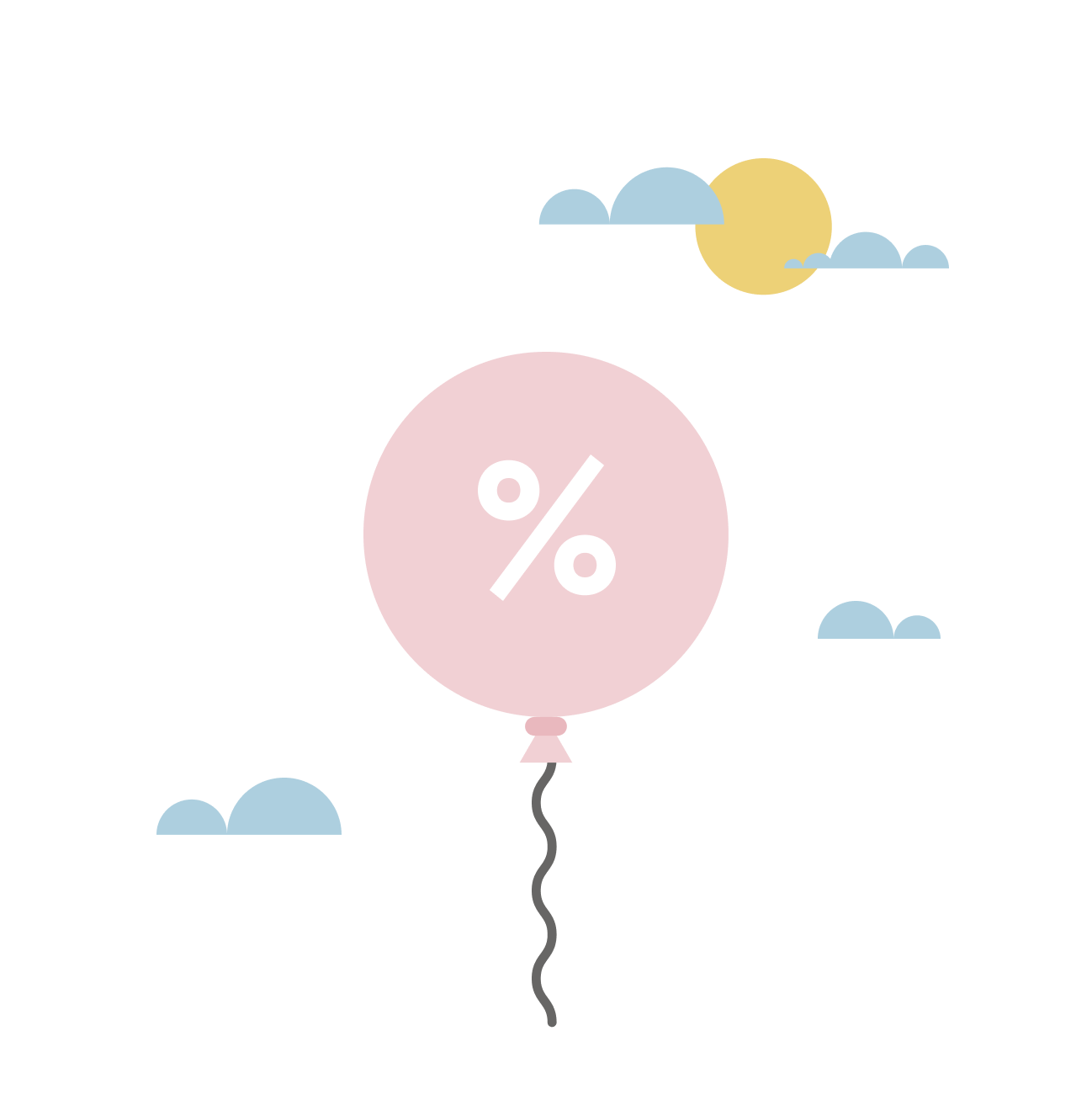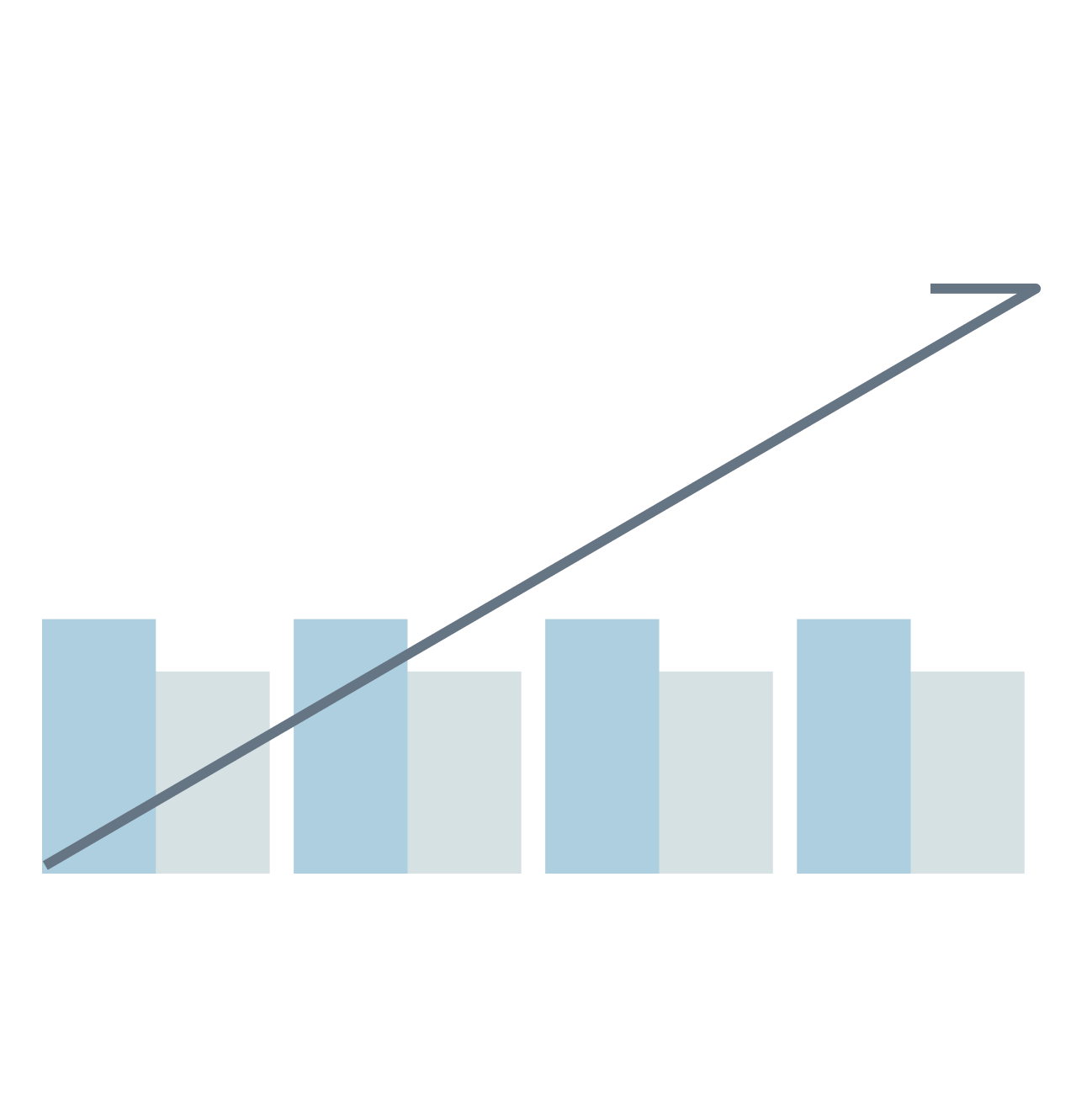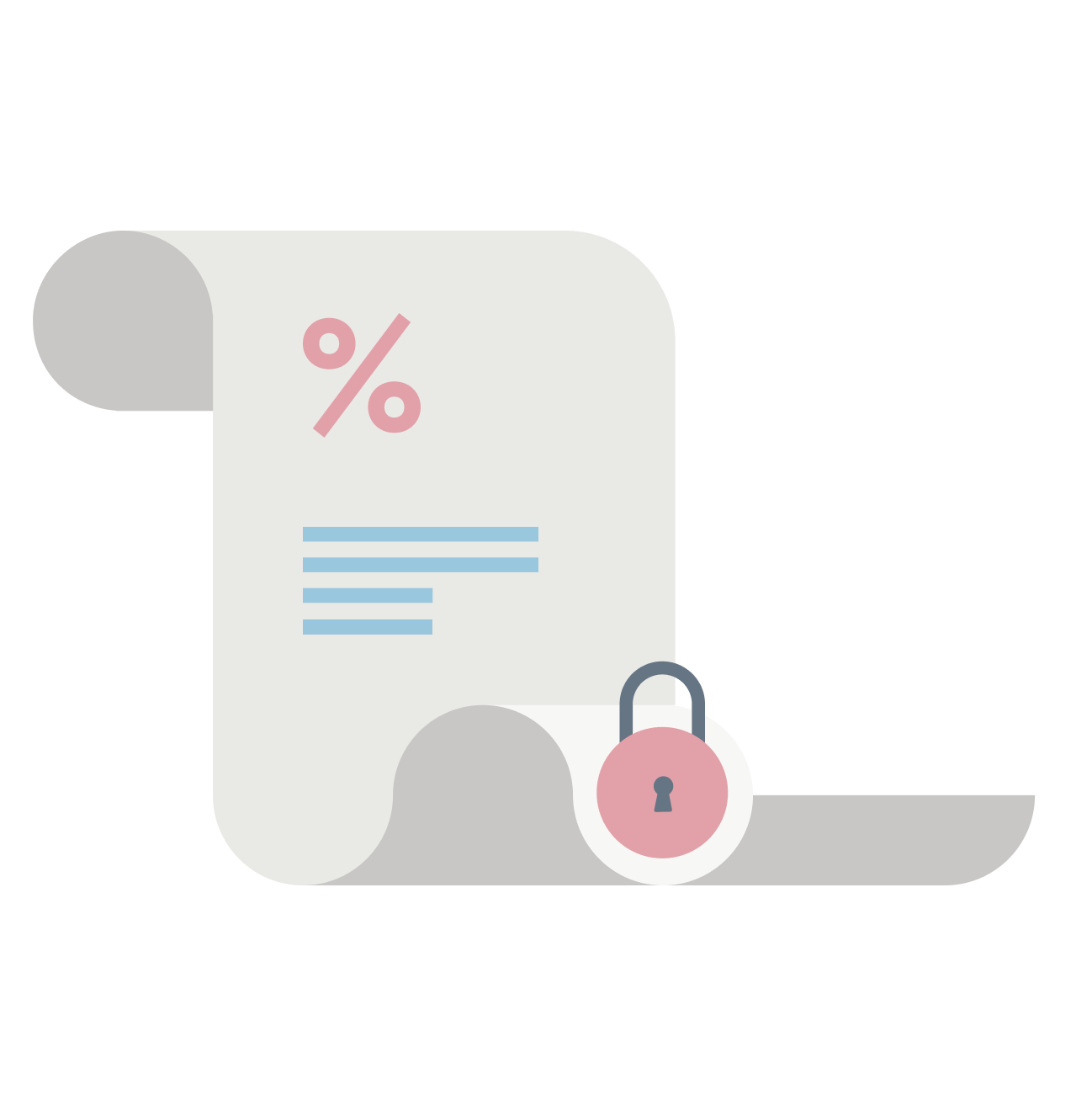
Fixed interest rate for your business
Fixed interest rate for your business
- Available for credit lines and loans for investment and working capital financing
- Fixing period of up to 1 year for credit lines and up to 5 years for loans
- Valid for exposures up to 3 MEUR
- For bigger exposures, Luminor has other offers available
A new reality
The first months of this year brought hope for a new normal where the subsiding COVID‑19 pandemic would give room for regrowth, yet the world was flung into new hardships.
Businesses are already adjusting their supply chains to open new import and export opportunities, and we’re also seeing the rise in the prices of energy, raw materials, and commodities. Real income of the population is falling as the average wages have hard time catching up with the price growth.


Prospects of stability
While inflation will remain an issue for some time, business owners shouldn’t be too discouraged.
Pēteris Strautiņš, Economist for Luminor Latvia says: “Currently, inflation in the euro area is 8 %, however, it should stabilize towards the end of the year as several energy and commodity prices already reached historic highs during the first half of 2022. The month‑to‑month price increase speed should be slowing down.”

Euribor to exceed 1 %
As for interest rates, since the global economic crisis of 2008‑2009, rates had remained at a record low and even negative. For homeowners and businesses alike, there was little motivation to fix the interest rate as the monetary policy had promised low rates for longer periods.
Now, the interest rate predictions are going up fast. Following the data on the European Money Markets Institute, by the end of June, the 6‑month Euribor has already reached 0.2 % and the 12‑month – 1 %. “Which means by the end of 2023, we can expect the 6‑month Euribor to even exceed 2 %,” Strautiņš adds.


Manage fluctuations with a fixed interest rate
For business owners, one of the ways to plan ahead and manage undesirable base rate fluctuations might be going for a fixed loan interest rate rather than a floating rate.
As Strautiņš points out, fixing the interest rate for longer periods of time might not work for all businesses, but there are cases where owners could benefit from this move, for example, in cases of long‑term supply agreements, especially with fixed contract prices for an extended period.

Fixing the rate as a means of insurance
“When considering your options, remember that long‑term interest rates are almost always higher than short-term rates, the main reason for this being term premia. When you fix the rate for longer, you’re essentially paying insurance – you’re compensated for when interest rates are high, and you pay more when the rates are low. To this effect, fixing the interest rate might also be a possibility for companies that want to manage the risks on their costs,” comments Strautiņš.


Navigating the stormy seas together
“Industry experts are doing an immense job making sense of the current economic events in the world, yet anyone managing loans or investments should be prepared for other developments. Regardless of what the future may bring, one thing is for sure – we’re here to guide our customers. Whenever any need or question may arise, we’re here to offer a private consultation to weigh out the options,” says Mareks Gurauskas, Head of SME at Luminor Latvia.

Fixing interest – a way to manage your business plans
Fixed interest rates are applicable for both loans and credit lines. The applied fixed interest rate will depend on the fixing period, repayment schedule, loan amount, etc. For further details, please consult your relationship manager or advisor.
Long‑term interest rates are almost always higher than short‑term rates, the main reason for this being term premia. When you fix the rate for longer, you’re essentially paying insurance.
Yes, you can switch from a fixed rate to floating rate throughout your agreement. If your rate fixing period is up to 1 year, and you want to change your rate from fixed to floating, no breakage fees are applied, only the agreement amendment fee as indicated in the pricelist. For a rate fixing period longer than 1 year, in addition to the credit agreement amendment fee, a breakage fee will be applied from the outstanding loan amount as stated in your credit agreement.
Yes, you can repay your loan early in full or partially. The fee for early loan repayment is indicated in your credit agreement or the Luminor pricelist. If the fixing period is up to 1 year, no additional breakage fees will be applied. If the rate is fixed for a period longer than 1 year, you will be charged an additional breakage fee from the prepaid loan amount. The fee will be indicated in your credit agreement.
Yes, you can! You can fix the interest rate for the entire remaining loan period (4 years) or for any shorter period. For investment loans, it’s possible to fix the interest rate for a period of up to 5 years. For credit lines, you can fix the interest rate for up to 1 year.
Feel free to reach out to your relationship manager or book a consultation
